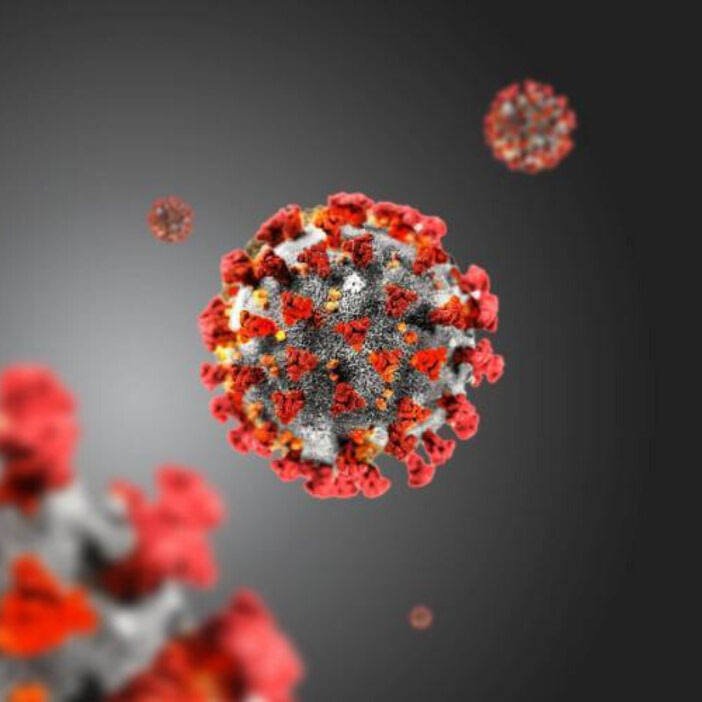While anyone can contract the coronavirus, there are certain groups of people that the CDC has deemed to be at an increased risk. Along with groups like older people, those with asthma are also more vulnerable to COVID-19. We want to keep you informed on how those with asthma can try to avoid COVID-19 and know what to do if they do end up getting sick.
What is COVID-19?
COVID-19 is short for “coronavirus disease 2019.” This respiratory illness spreads easily from person to person through respiratory droplets of an infected person, which is why social distancing and extra sanitary precautions should be practiced. Read the most recent updates on the number of cases and more statistics about COVID-19 on the CDC's website.
Why are Those with Asthma at Greater Risk?
Asthma is a lung disease that makes breathing difficult, and can cause asthma attacks which occur when the airways become very swollen and inflamed. Because COVID-19 affects the respiratory system, it could cause an asthma attack or lead to other things like pneumonia. Respiratory infections like pneumonia are usually more serious and dangerous for people with asthma.
What Should Someone with Asthma Do to Stay Safe?
It’s important to take the necessary precautions in this situation so you and your loved ones stay healthy. Here are some steps to take in order to stay safe during this time:
- Follow a plan: Be sure to keep your asthma under control by following the treatment plan you’re prescribed. Continue taking your current medications and don’t change your treatment unless you’ve cleared it with your healthcare provider. If you have asthma triggers, do what you can to avoid them.
- Get an emergency supply ready: Just in case you can’t leave your house for an extended period of time, it’s smart to have a 30 day supply of non-prescription medications and other necessary supplies on hand. Talk to your healthcare provider about stocking up on prescription medications like inhalers, too.
- Take the necessary sanitary precautions: If possible, it’s better for someone without asthma to clean and disinfect. Some disinfectants can cause respiratory discomfort or even an asthma attack, so be careful and minimize exposure to those disinfectants when cleaning. Wash your hands, avoid touching your face and keep commonly used surfaces clean.
- Practice social distancing: Right now, it’s important to stay six feet away from others in order to minimize your chance of contracting or spreading the virus. Avoid crowds, traveling, sharing personal items and be sure to keep space between yourself and others.
What Should Someone with Asthma Do If They Get COVID-19?
If you or someone you know has symptoms of the virus, contact your healthcare provider. Depending on your symptoms, they will be able to direct you on what to do next. Symptoms of COVID-19 may appear 2-14 days after exposure, and may include but are not limited to:
- Shortness of breath
- Coughing
- Fever
- Confusion
- Pain or pressure in the chest
It’s important to do your part and take all the necessary precautions you’re advised to take. Even if you don’t know someone with asthma personally, the virus can spread easily to someone who does have it. We hope you’re staying healthy, safe and positive during these uncertain times - we will get through this together!

